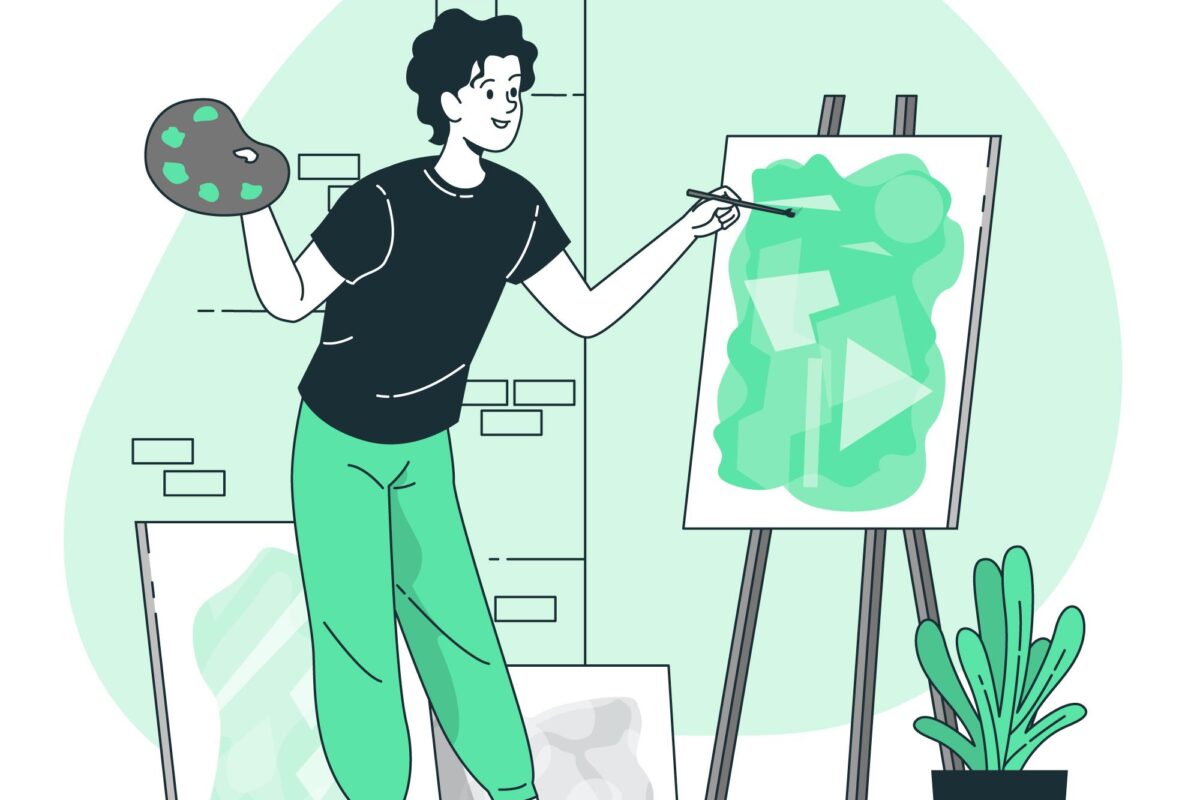Hobbies are more than just a way to pass the time; they play a crucial role in our overall
well-being and personal development. Understanding the true hobby meaning is essential,
as having a hobby can provide numerous benefits, including stress relief, enhanced
creativity, and improved mental health. Engaging in activities that bring joy and satisfaction
can lead to a more balanced and fulfilling life. In this blog, we will explore the various
advantages of having a hobby and delve into how different hobbies can positively impact
your life.
The Benefits of Having a Hobby
1. Stress Relief and Relaxation
One of the most significant benefits of understanding the hobby meaning is its ability to alleviate stress. Engaging in a hobby allows you to take a break from the daily grind and focus on something enjoyable and fulfilling. This break from routine can lower stress levels, reduce anxiety, and provide a sense of relaxation.

2. Enhanced Creativity
Hobbies often involve creative activities, such as painting, writing, or crafting. These activities
stimulate your brain, encouraging creative thinking and problem-solving skills. The hobby meaning
encompasses this creative enhancement, as hobbies push you to think outside the box and explore
new ideas
3. Improved Mental Health
Mental health is another crucial aspect when considering the hobby meaning. Participating in
hobbies can improve your mood, boost self-esteem, and provide a sense of accomplishment.
Whether it’s gardening, playing a musical instrument, or even cooking, hobbies can act as a
therapeutic outlet, helping to combat depression and anxiety
4. Social Connections
Many hobbies provide opportunities to connect with others who share similar interests. This social interaction is vital for emotional well-being and can lead to the formation of meaningful friendships.
Understanding the hobby meaning in this context highlights how hobbies can enhance your social life and build a supportive community around shared passion.

5. Personal Growth and Learning
Hobbies are an excellent way to learn new skills and expand your knowledge. Whether you take up
photography, learn a new language, or start a collection, hobbies challenge you to grow and develop.
This personal growth is a core element of the hobby meaning, as it reflects continuous self improvement and learning.
Finding Your Perfect Hobby
If you’re unsure about which hobby to pursue, websites like Wizhob can be incredibly helpful.
Wizhob specializes in identifying your interests and matching you with suitable hobbies. They offer
various hobby classes, workshops, and resources to help you explore and discover what excites you.
By understanding your unique preferences and talents, Wizhob ensures you find a hobby that is both
enjoyable and fulfilling.
In conclusion, understanding the hobby meaning is essential to appreciate the numerous benefits
hobbies can bring to your life. From stress relief and creativity to improved mental health and social
connections, hobbies are a valuable addition to anyone’s routine. Explore different hobbies, utilize
resources like Wizhob, and discover how these activities can enhance your well-being and personal
growth.










